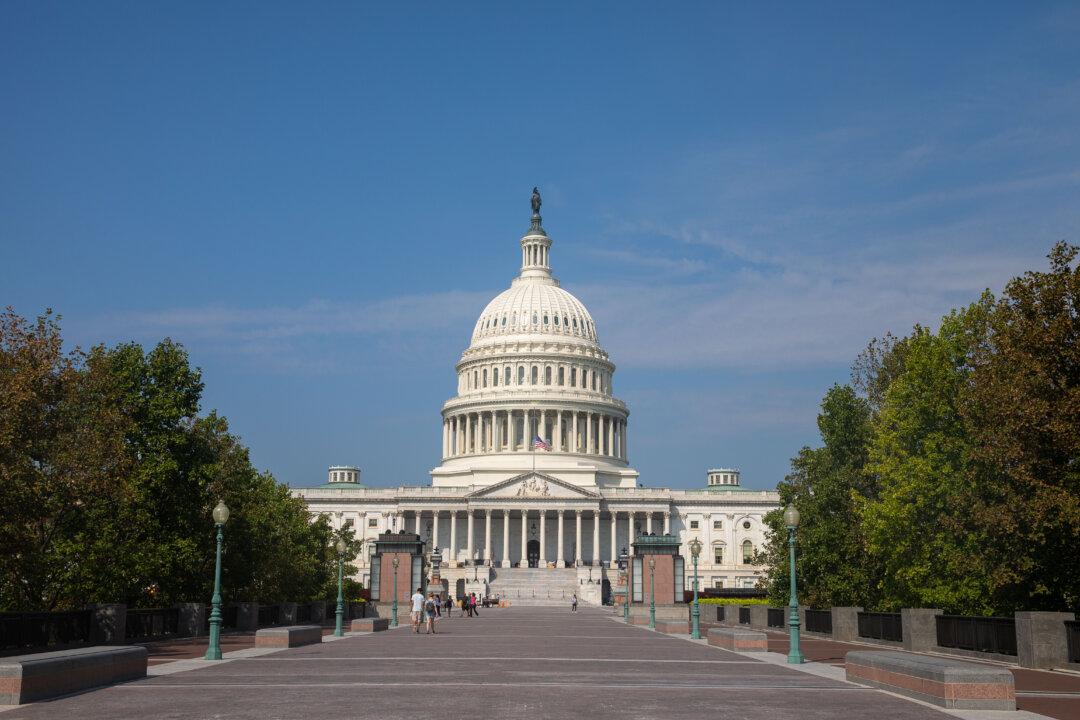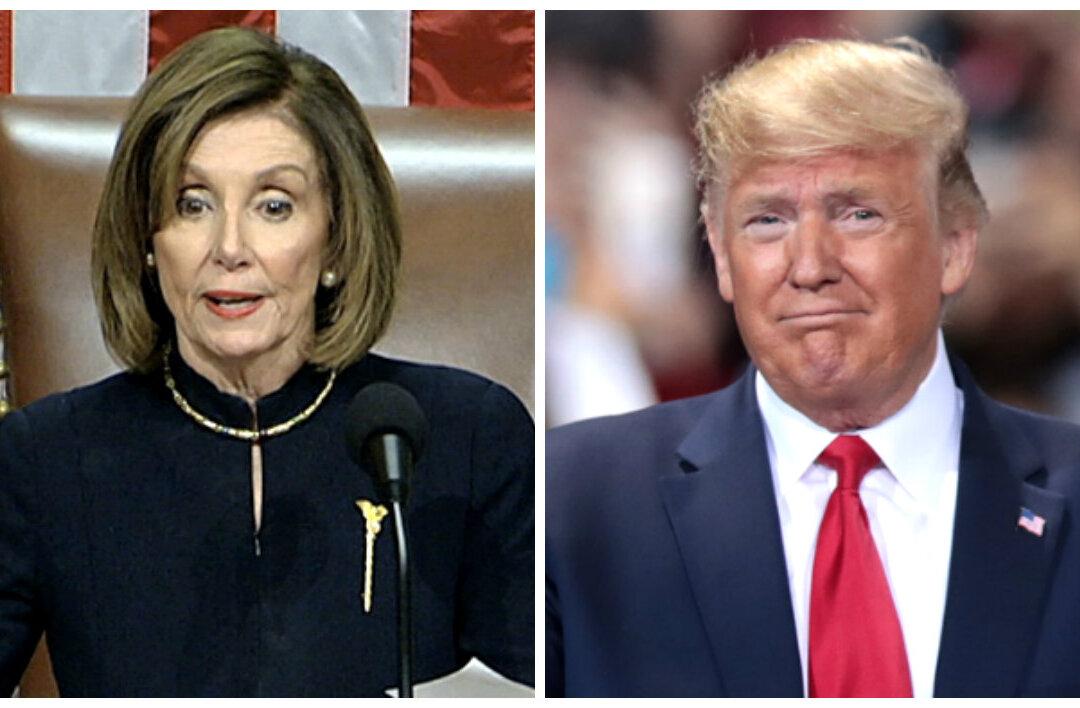After San Francisco voted to allow non-citizens to vote in school-board elections, as of November, many began to wonder what citizenship means in the United States.
That question was to put to 428 House members on Sept. 26 in the form of House Resolution 1071, with 65 percent essentially saying they agreed that “allowing illegal immigrants the right to vote devalues the franchise and diminishes the voting power of U.S. citizens.”





